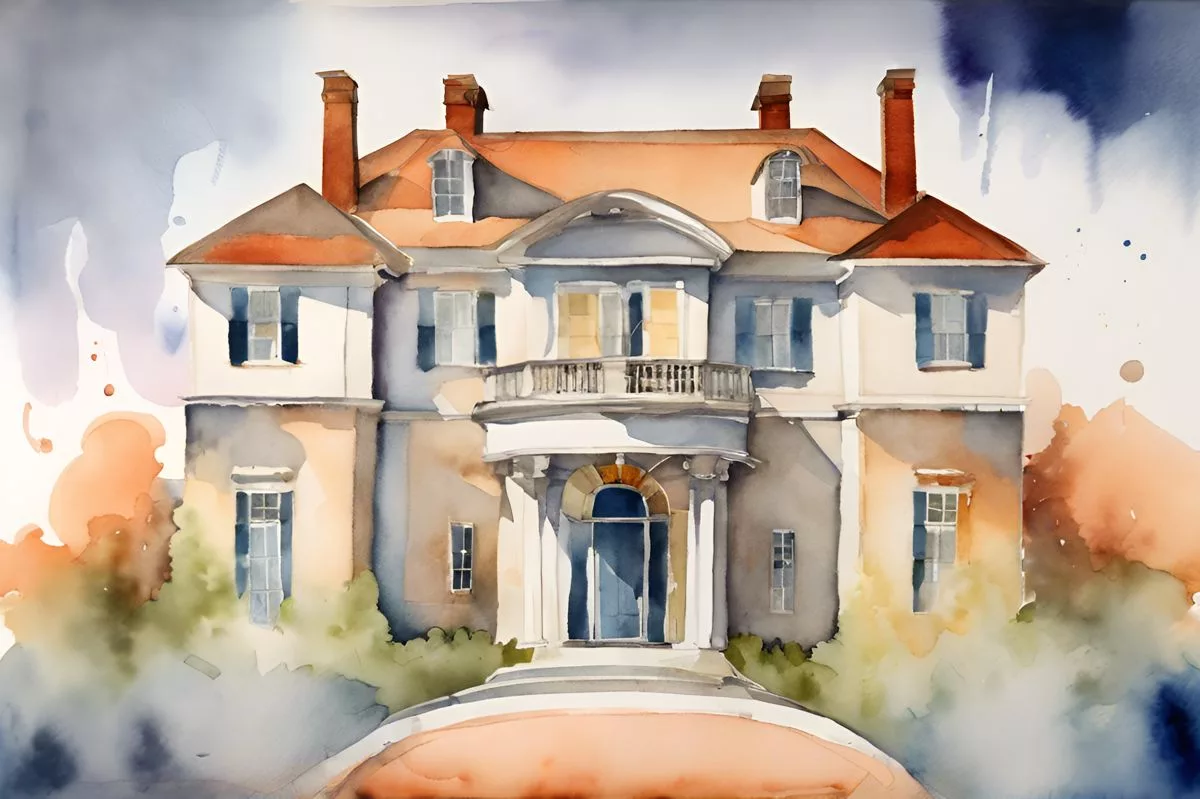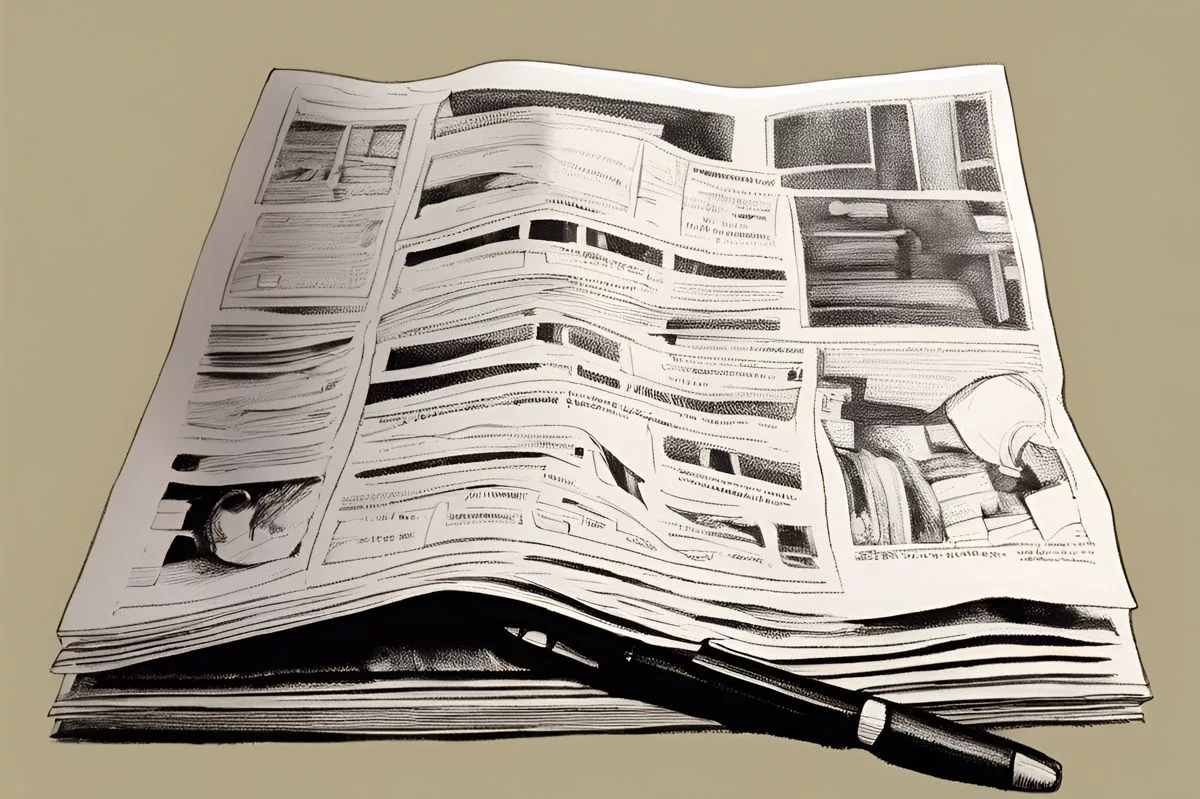A grand mansion in Upper Constantia, previously owned by the Gupta family, is undergoing a transformation after being abandoned for several years and confiscated by the National Prosecuting Authority. It was eventually sold to an unidentified international buyer for R20 million, who plans to revitalize and restore the deteriorated structure. The mansion’s future is hinged on the new owner’s vision, with hints of a comprehensive renovation and a new roof in the works, it is anticipated to regain its prominence among Upper Constantia’s architectural wonders.
What is the history of the mansion in Upper Constantia?
The lavish seven-bedroom mansion in Upper Constantia was previously owned by the infamous Gupta family and was purchased for R17 million from Mark Thatcher. After being abandoned for several years and later confiscated by the National Prosecuting Authority, the mansion was eventually bought by an unidentified international buyer for the full asking price of R20 million, who plans to revitalize and transform the deteriorated structure.
A New Chapter in Upper Constantia
Situated in the wealthy district of Upper Constantia is a lavish seven-bedroom mansion, previously the residence of the infamous Gupta family. This grand property unfolds a compelling narrative, its history marked by its transition from one owner to the next. The mansion stands as a silent witness to its past, ready to embark on a journey of transformation that will erase the vestiges of its former life.
From Magnificence to Desolation
The grand mansion, now obscured by uncontrolled vegetation, emanates a sense of loneliness, a complete reversal of its previous splendor. Currently secured by a mere padlock, the once magnificent home has evolved into an emblem of deterioration. The rampant overgrowth and crumbling roof underline its neglect, evoking its fascinating past. After being abandoned for several years, the weather-beaten mansion, marred by water damage and gaping holes in its thatch roof, is but a faint echo of its past grandeur.
Ownership and Transition
The mansion’s voyage to its current state commenced when it was procured by the Gupta family in 2005. They bought the splendid property from Mark Thatcher, son of the ex-British Prime Minister Margaret Thatcher, for an impressive R17 million. The mansion exuded affluence and splendor in every corner, from its seven bedrooms and six bathrooms to the detached one-bedroom cottage and a guard house, offering an unrivaled luxurious lifestyle.
However, the Gupta family’s possession concluded in 2021 when the National Prosecuting Authority (NPA) confiscated the mansion. It was later listed for sale and eventually bought by an unidentified international buyer for the full asking price of R20 million. The identity of the new owner remains a secret, although it is speculated that they are a regular visitor to South Africa and have plans to spend more time in the country.
Richard Huxham-Hardie, the sole agent from Hardie Property responsible for the property sale, confirmed the transfer of the mansion to the new owner. He revealed that at the time of the sale, the mansion was in a state of disrepair requiring considerable restoration.
The Mansion’s New Lease of Life
Despite the mansion’s deteriorated condition, Huxham-Hardie maintained that the building remained “safe” and “sound.” He expressed confidence that the new owner could revitalize the existing structure and transform it into a splendid home once more. Hints of a new roof, stripping back the interiors, and the solid structure suggest plans for a comprehensive renovation.
Now, the mansion stands at the threshold of a new era, with a future that aims to erase the imprints of its history. The new owner, seemingly undaunted by the extensive renovation required, has initiated the demolition process, marking the start of a new phase in the mansion’s history.
An Architectural Renaissance
Soon, the mansion, which symbolizes wealth and grandeur, will rise from its ruins, fostering within its walls, a new narrative. In its rejuvenated form, the mansion will not only reflect the vision and dedication of its new owner, but it will also represent a significant phase in Upper Constantia’s architectural revival.
While the mansion’s history is inscribed in its fractured bricks and worn-out walls, its future is hinged on the new owner’s vision. Guided by this vision, the mansion is anticipated to regain its prominence among Upper Constantia’s architectural wonders, demonstrating that even structures seemingly surrendered to time and neglect can experience remarkable transformations.
What is the current state of the mansion in Upper Constantia?
The grand mansion in Upper Constantia is currently in a state of disrepair, with uncontrolled vegetation obscuring the building and a crumbling thatch roof. The mansion has been abandoned for several years and is secured by a padlock.
Who previously owned the mansion in Upper Constantia?
The lavish seven-bedroom mansion was previously owned by the Gupta family, who purchased it from Mark Thatcher for R17 million in 2005.
Who bought the mansion and what are their plans for the property?
The mansion was bought for the full asking price of R20 million by an unidentified international buyer who plans to revitalize and restore the deteriorated structure. Their vision includes a comprehensive renovation and a new roof.
What is the history of the mansion’s ownership transition?
After being purchased by the Gupta family, the mansion was later confiscated by the National Prosecuting Authority and listed for sale. It was eventually bought by the unidentified international buyer.
What is the new owner’s vision for the mansion?
The new owner plans to revitalize and restore the mansion, with hints of a comprehensive renovation and a new roof in the works.
What is the significance of the mansion’s renovation for the Upper Constantia area?
The renovation of the mansion represents a significant phase in Upper Constantia’s architectural revival and is anticipated to regain prominence among the area’s wonders.








